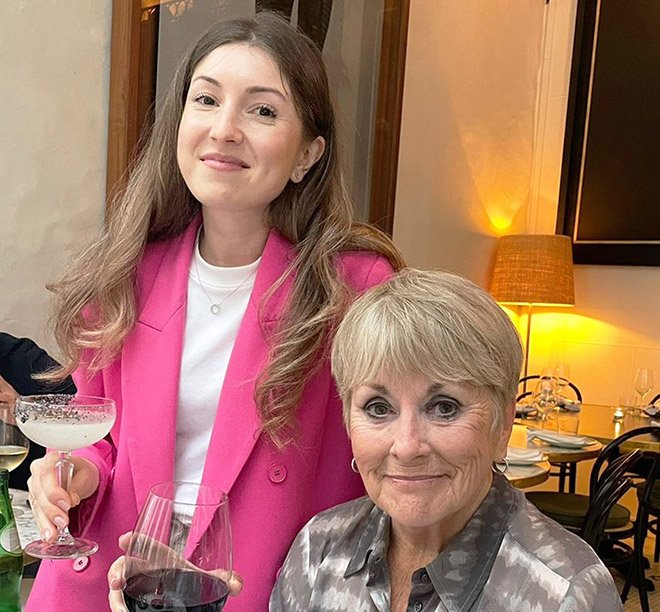A Guyton woman is hoping her experience helping Ukrainians become comfortable speaking everyday English will spur others into giving it a try.
Candice Kohl, a retired copywriter, tour guide, and author of more than a dozen books, is a volunteer mentor with ENGin, a program founded in 2020 by Ukrainian-American Katerina Manoff to help Ukrainians learn to converse comfortably in their second language.
ENGin – pronounced like “engine” – has some 26,000 Ukrainian students and 24,000 volunteers, and the program needs more Americans who can commit to devoting at least an hour a week for nine months to help out.
All the volunteers need is an Internet connection and the ability to use an online video chat platform such as Zoom. ENGin, which screens participants, then matches students with volunteers.
“To have more career opportunities, it’s important for the Ukrainians to be able to speak conversational English,” Kohl said. “ENGin gives them a person to practice with. It’s not about lesson plans and testing, it’s just ‘let’s talk’.”
ENGin provides material to help the mentor get started, and will ask for an assessment of the student about three months into the session, but there’s no teaching involved. During a conversation a mentor instead might stop a student having difficulty with a sentence and say, “We don’t say it this way. We say it that way instead,” Kohl said.
Manoff founded ENGin after working with a Ukrainian student who had studied English for 10 years, but still had a hard time carrying on a conversation.
“I can totally relate to this,” Kohl said, noting she took French but isn’t fluent. That’s because the way a language is taught doesn’t always help someone learn to speak the language the way it’s spoken by native speakers.
“You don’t teach an infant how to diagram a sentence when they’re learning to speak,” Kohl said. “They hear it, repeat it, and over time finally figure out how to speak it.”
Manoff started ENGin – it has a website where potential volunteers can sign up – not long before Russia invaded the country, but the program “really has nothing to do with the conflict between Russia and Ukrainians.”
The war has made it more difficult at times to talk to Ukrainian students enrolled in the program, but many participants have fled to other countries. That means mentors may have to acclimate to different time zones, which makes it ideal for retirees who may have time on their hands.
“You can do this from your home, and it’s a way to interact with the world and get a perspective from people who are not from America,” Kohl said. “You do have to be open-minded and tolerant. The students are coming from a different culture and different backgrounds, and they might have totally different views than yours, so you can’t be judgmental. You have to be accepting of people who come from a totally different background, but just to hear how they see the world and what they think of the United States, it’s fulfilling.”
In that regard, Kohl said she’s made friends with many of those she’s mentored.
“You’re not just figuratively reaching across an ocean, you’re also reaching across generations and nationalities,” she said. “This connects you to the world and you make friends you wouldn’t have otherwise made.”
For more information on becoming a mentor, click on www.enginprogram.org.

